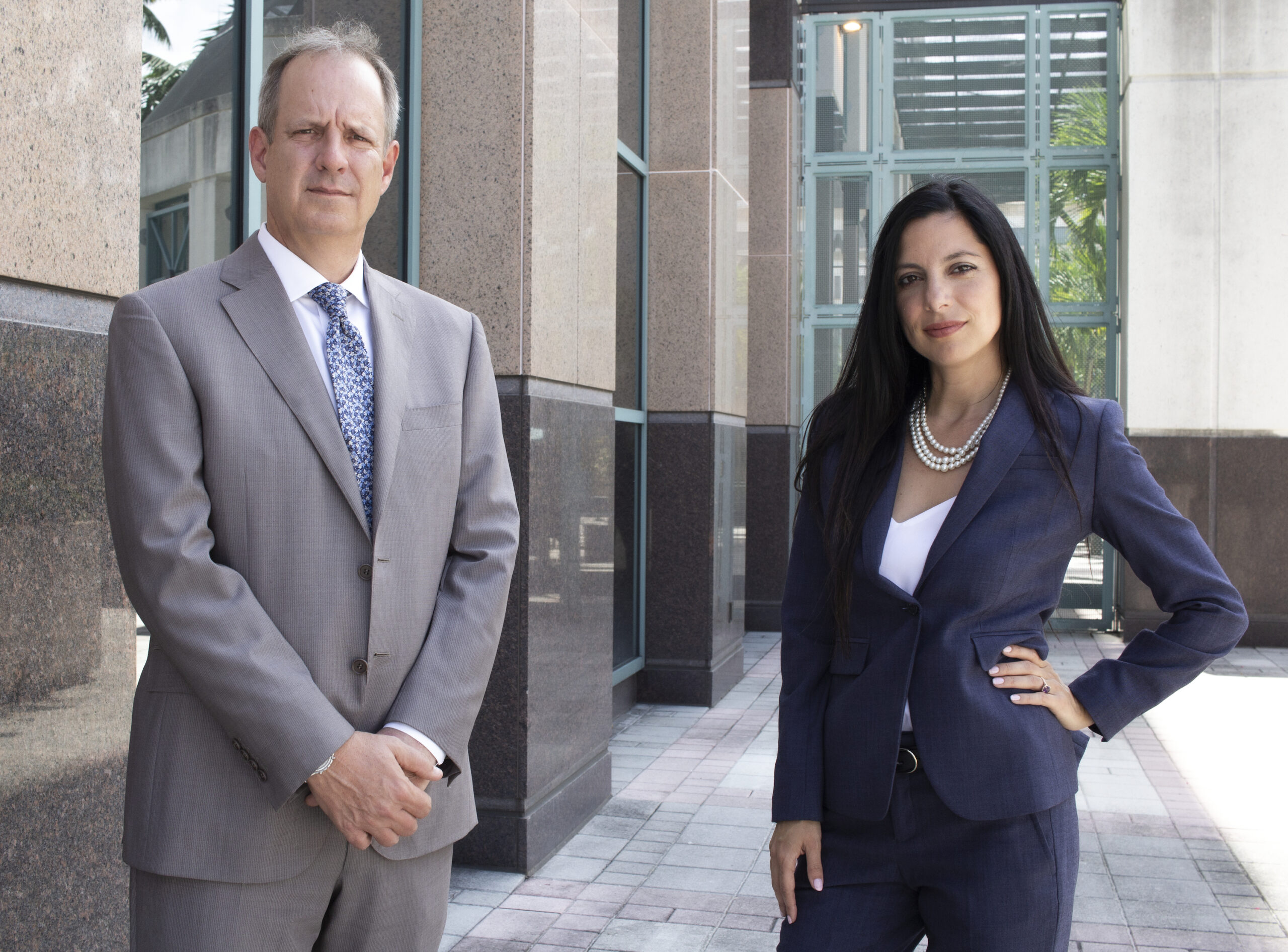Lake Worth Rear-End Collision Attorneys Advocating for Injured Clients in Florida
Rear-end accidents may be one of the more common types of motor vehicle accidents that occur on Florida roadways, but these accidents can be much more complicated than they initially seem. A primary issue that arises in each accident is determining fault, which is an undertaking that must involve a thorough investigation into the circumstances surrounding the accident—especially if multiple vehicles are involved. While Florida Statute 316.0895 imposes a presumption that the driver in the rear is at fault, recent court cases have demonstrated that this presumption can be rebutted by a showing that the driver in the front caused or contributed to the accident. At Gonzalez & Cartwright, P.A., our Florida rear-end accident lawyers understand that rear-end accident cases are rarely as cut and dry as they may appear, and we are dedicated to protecting clients’ rights regardless of what type of car they were driving.
If you or a loved one was injured in an accident involving a rear-end collision, you need Florida rear-end accident lawyers you can trust to stand by your side. We pride ourselves on offering a supportive, bilingual office environment where we will listen to your side of the story and put our decades of experience to work in pursuing your car accident claim for compensation. Our attorneys have received praise from prominent ranking systems, including Super Lawyers, the Million Dollar Advocates Forum, and Top Latino Lawyers. Beyond that, our reputation in the local community speaks for itself and is our most significant point of pride.
Comparative Negligence Is Often Relevant in Rear-End Accidents
Traffic laws in Florida require drivers to leave a safe distance between themselves and the car in front of them, which usually leads to the conclusion that the driver in the rear was responsible for causing a rear-end collision. However, there are cases where a skilled rear-end accident attorney can show that the driver in the front car was partially responsible for the accident, or that the accident was not entirely the fault of the rear driver. This may be the case if:
- The driver in the front car stopped suddenly in a location where it would not be customary to stop a vehicle.
- The driver in the front car cut off the driver in the rear car so that the rear driver could not stop to avoid the accident.
- The car in the rear suffered a mechanical failure that was caused by the negligence of the manufacturing company.
- The driver in the front car was stopped illegally in the roadway at the time of the accident.
Florida follows a pure comparative negligence regime, which means that an injured party can sometimes recover compensatory damages even if he or she was partially responsible for causing the accident. This system essentially assigns a portion of the blame to each driver, and the injured party’s right to recover compensation is reduced by the portion assigned to that party.
Attorneys at Gonzalez & Cartwright, P.A. Offer Compassionate and Trustworthy Advice Following a Rear-End Accident
Florida’s comparative negligence system makes the skill of an experienced rear-end crash attorney in FL particularly valuable. The Pembroke Pines attorneys at Gonzalez & Cartwright, P.A. will undertake a complete investigation of your rear-end accident to determine the potential causes of the accident. For example, it is possible that the driver in front partially caused the accident by cutting off the rear driver, while the fact that the rear driver was speeding also partially caused the accident. A thorough investigation in cases like this can produce evidence to allow an injured party to recover partial compensation to help in his or her recovery.
Our office environment is purposely kept small so that our attorneys are able to give each client the personal attention that we know each case warrants. Remember that our office is a safe environment where we simply listen to your case and help you obtain the compensation that is rightfully yours. Moreover, because our initial discussion is always free of charge, you take no risk in contacting us.
Schedule a Free Consultation Today

Contact our offices to schedule a free consultation today to discuss your options if you have been injured in a rear-end accident. We have our main office located at 813 Lucerne Ave, Lake Worth, FL 33460, as well as an office in Pompano Beach, Florida. You can also fill out this online form, and we will respond promptly. We handle rear-end accident cases throughout Florida, including Pembroke Pines, Lake Worth, Pompano Beach, Boynton Beach, West Palm Beach, Fort Lauderdale, and Greenacres, FL.
Frequently Asked Questions About Florida Rear-End Accidents
Multiple-vehicle accidents present additional complications in determining who is ultimately responsible for causing the rear-end accident. In many cases, the parties may share responsibility in some proportion, to be agreed upon during settlement negotiations, or to be determined by a jury if the case proceeds to trial. Accidents involving multiple vehicles will also involve multiple insurance policies, which can increase the likelihood that you will be able to recover compensation for your injuries. However, this can also make negotiations more complicated and time-consuming. That is why you need a knowledgeable rear-end accident lawyer on your side and representing your interests.
Florida is a no-fault state, meaning that you will first recover compensation from your own insurance policy, even though the rear-end accident was the other driver’s fault. Personal injury protection (PIP) coverage in Florida generally only covers 80% of your medical bills, so at this point, you may want to pursue an action for damages against the at-fault driver for the remaining 20% of your medical expenses, in addition to other types of compensatory damages that would not be covered by your own insurance policy.
A case that’s typically very simple is a rear-end accident. In Florida, there’s a presumption that the vehicle in the rear that bumped into the vehicle in front is at fault for the accident. But that’s not always the case. There are exceptions. Watch our video below for more information.
